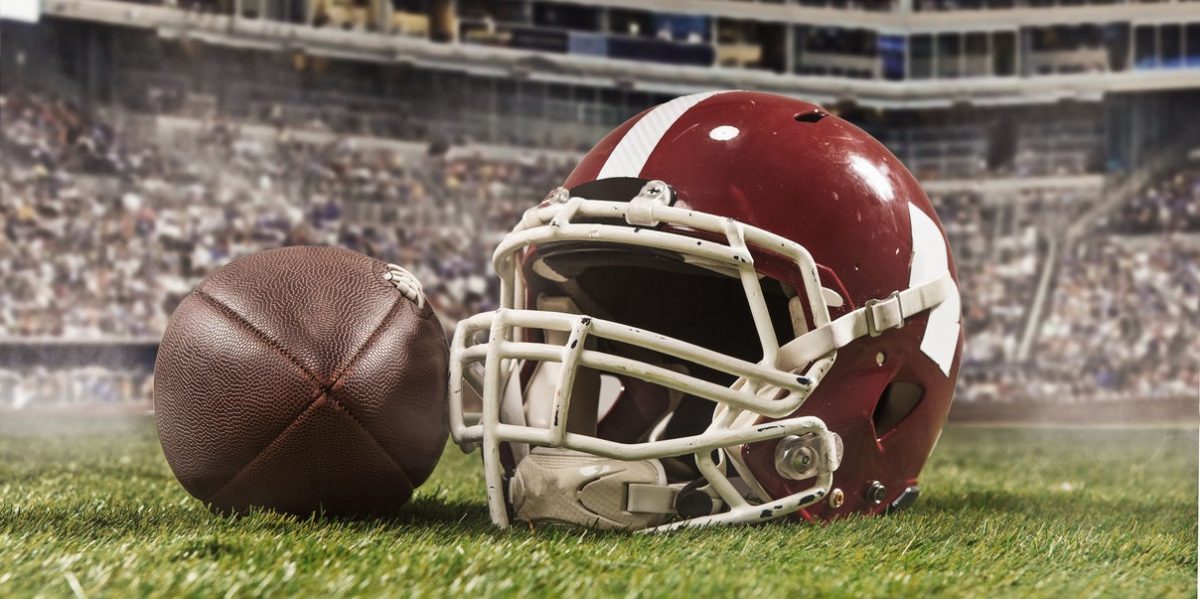Concussions are a major concern in sports such as hockey, football, rugby and soccer. They are a topic that influences every sport in some way and can have a very significant influence on the career of an athlete or daily activities of anyone affected long term. This is why concussion management is so important.
Generally, adults recover from a concussion in 7-10 days, but children and adolescence require a longer time to recover. Symptoms that persist for longer than this period (3-4 weeks) can lead to the diagnosis of post-concussion syndrome.
What is a concussion?
A concussion is an injury that results in complex pathophysiological affects to the brain. You do not have to lose consciousness to have a concussion.
What is the mechanism of injury of a concussion?
Concussions can be a result of a direct impact to the head or an indirect force that causes trauma to the brain.
What are the signs and symptoms of having a concussion?
Headache, loss of consciousness, irritability, slowed reaction times, difficulties with memory or attention, light or sound sensitivity, insomnia.
What is the rehabilitation from a concussion and what is concussion management?
Acutely after a concussion, the most important treatment is rest. A period of rest from all cognitive and physical activities allows the brain to recover and refuel following the traumatic incident that it has endured. After this period of rest, a gradual progression of cognitive activities first, then physical activities is important for recovery. Resting for too long can be detrimental and lead of depressive symptoms. Light aerobic activity should gradually be introduced symptom free starting about 2-3 weeks after the injury. Starting exercise any sooner could actually prolong the length of symptoms.
According to the World Health Organization, a diagnosis of post-concussion may be considered if 3 or more of the following symptoms are still present after 3-4 weeks; headache, dizziness, fatigue, irritability, insomnia, difficulty concentrating or memory difficulty. If there is a diagnosis of post-concussion syndrome, that person will benefit from gradually progressing controlled aerobic exercise.
After a concussion, people also may present with vestibular or neck symptoms. Vestibular dysfunction can be a result of changes in the inner ear or propriceptive messages sent from the neck to the brain. Rehabilitation can help to decrease nausea and dizziness caused by the vestibular dysfunction and can help to improve balance. Neck symptoms after a concussion can sometimes cause worsening of headaches or dizziness. Rehabilitation for neck symptoms can help decrease symptoms of pain, headaches and dizziness, and improve neck range of motion. Treatment for vestibular or neck symptoms should happen in conjunction with post-concussive rehabilitation to maximize the recovery process.
References:
Boake C, McCauley SR, Levin HS, et al. Diagnostic criteria for postconcussional syndrome after mild to moderate traumatic brain injury. J Neuropsychiatry Clin Neurosci . 2005;17(3):350-356.
Leddy JJ, Sandhu H, Sodhi V, Baker JG, Willer B. Rehabilitation of concussion and post-concussion syndrome. Sports health. 2012 Mar;4(2):147-54.
McCrory P, Meeuwisse WH, Aubry M, Cantu B, Dvořák J, Echemendia RJ, Engebretsen L, Johnston K, Kutcher JS, Raftery M, Sills A. Consensus statement on concussion in sport: the 4th International Conference on Concussion in Sport held in Zurich, November 2012. British journal of sports medicine. 2013 Apr 1;47(5):250-8.

